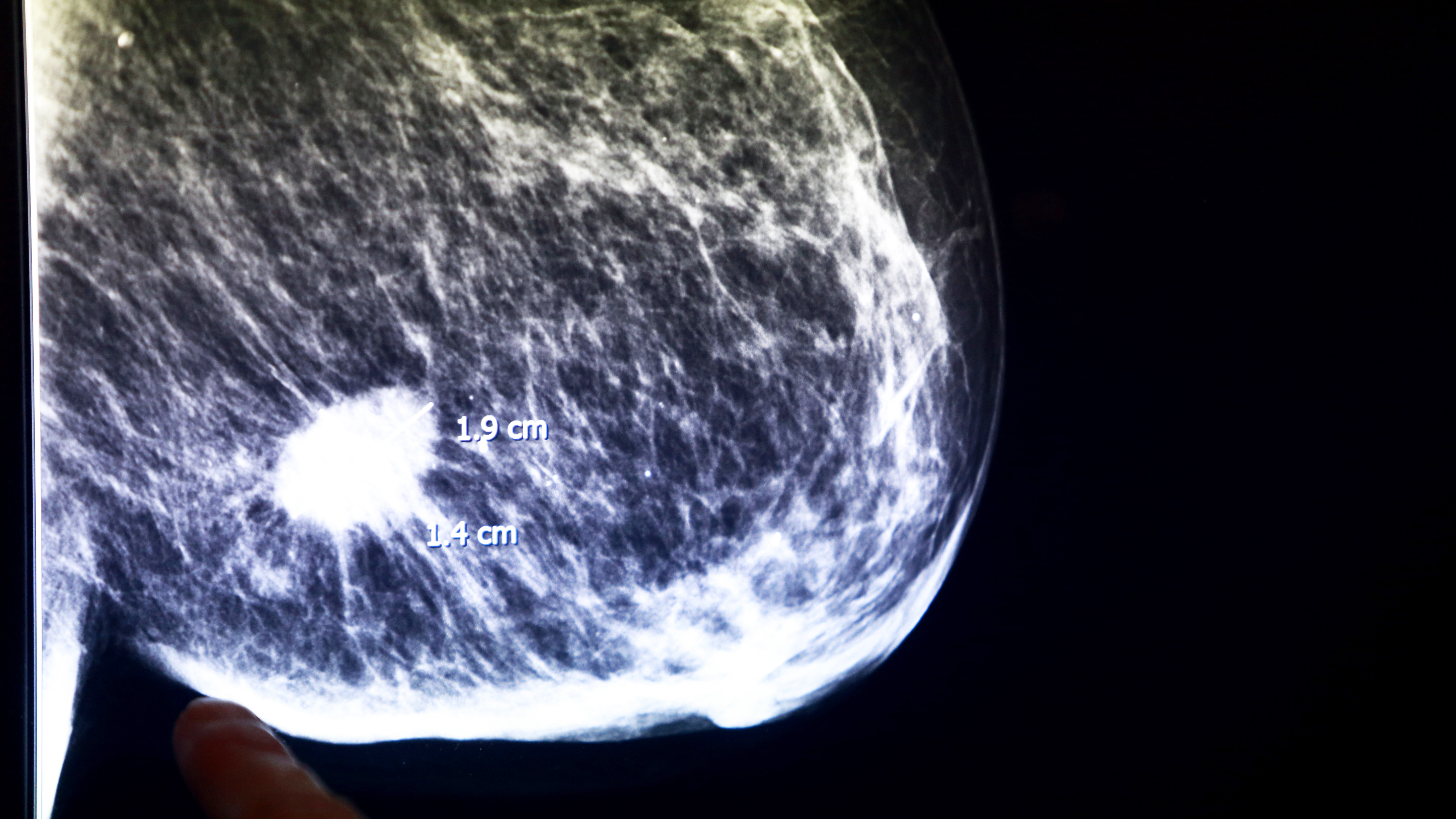Doctors bested by AI in breast cancer detection
Google's research could support radiographers in diagnosing the condition in future


Researchers at Google Health have developed an artificial intelligence (AI) program that could lead to better detection and treatment of breast cancer.
Working with DeepMind, Cancer Research UK Imperial Centre, Northwestern University and Royal Surrey County Hospital, the organisation set out to create a piece of software that could spot breast cancer in mammograms more accurately than expert radiologists.
The AI was trained on a data set comprising mammograms from over 76,000 women in the UK and more than 15,000 women in the US. It was then tested on images from a different set of 25,000 UK and 3,000 US women.
Compared to radiologists, the AI produced a marked reduction in false positives for the US (5.7%), and a more modest reduction in false positives for the UK (1.2%). It was even more successful at reducing false negatives, producing a 9.7% fall in this type of error for the US and a 2.7% reduction in the UK.
The creators also ran a separate test to determine how effective it is across healthcare systems, by training it on only UK data then testing it against US data. In this scenario, it produced a 3.5% reduction in false positives and 8.1% reduction in false negatives.
The researchers believe this “sets the stage” for a future where radiologists are supported by AI in the diagnostic process for increased accuracy, particularly in the UK, which is facing a shortage of consultant radiologists in the NHS.
In a blog post, Shravya Shetty, technical lead of Google Health and Daniel Tse, product manager of Google Health, said: “There are some promising signs that the model could potentially increase the accuracy and efficiency of screening programs, as well as reduce wait times and stress for patients.”
Get the ITPro daily newsletter
Sign up today and you will receive a free copy of our Future Focus 2025 report - the leading guidance on AI, cybersecurity and other IT challenges as per 700+ senior executives
They added, however, that “getting there will require continued research, prospective clinical studies and regulatory approval to understand and prove how software systems inspired by this research could improve patient care”.
The initial findings of the research have been published in full in the journal Nature.

Jane McCallion is Managing Editor of ITPro and ChannelPro, specializing in data centers, enterprise IT infrastructure, and cybersecurity. Before becoming Managing Editor, she held the role of Deputy Editor and, prior to that, Features Editor, managing a pool of freelance and internal writers, while continuing to specialize in enterprise IT infrastructure, and business strategy.
Prior to joining ITPro, Jane was a freelance business journalist writing as both Jane McCallion and Jane Bordenave for titles such as European CEO, World Finance, and Business Excellence Magazine.
-
 Global cybersecurity spending is set to rise 12% in 2025 – here are the industries ramping up investment
Global cybersecurity spending is set to rise 12% in 2025 – here are the industries ramping up investmentNews Global cybersecurity spending is expected to surge this year, fueled by escalating state-sponsored threats and the rise of generative AI, according to new analysis from IDC.
By Ross Kelly Published
-
 Google Cloud is leaning on all its strengths to support enterprise AI
Google Cloud is leaning on all its strengths to support enterprise AIAnalysis Google Cloud made a big statement at its annual conference last week, staking its claim as the go-to provider for enterprise AI adoption.
By Rory Bathgate Published